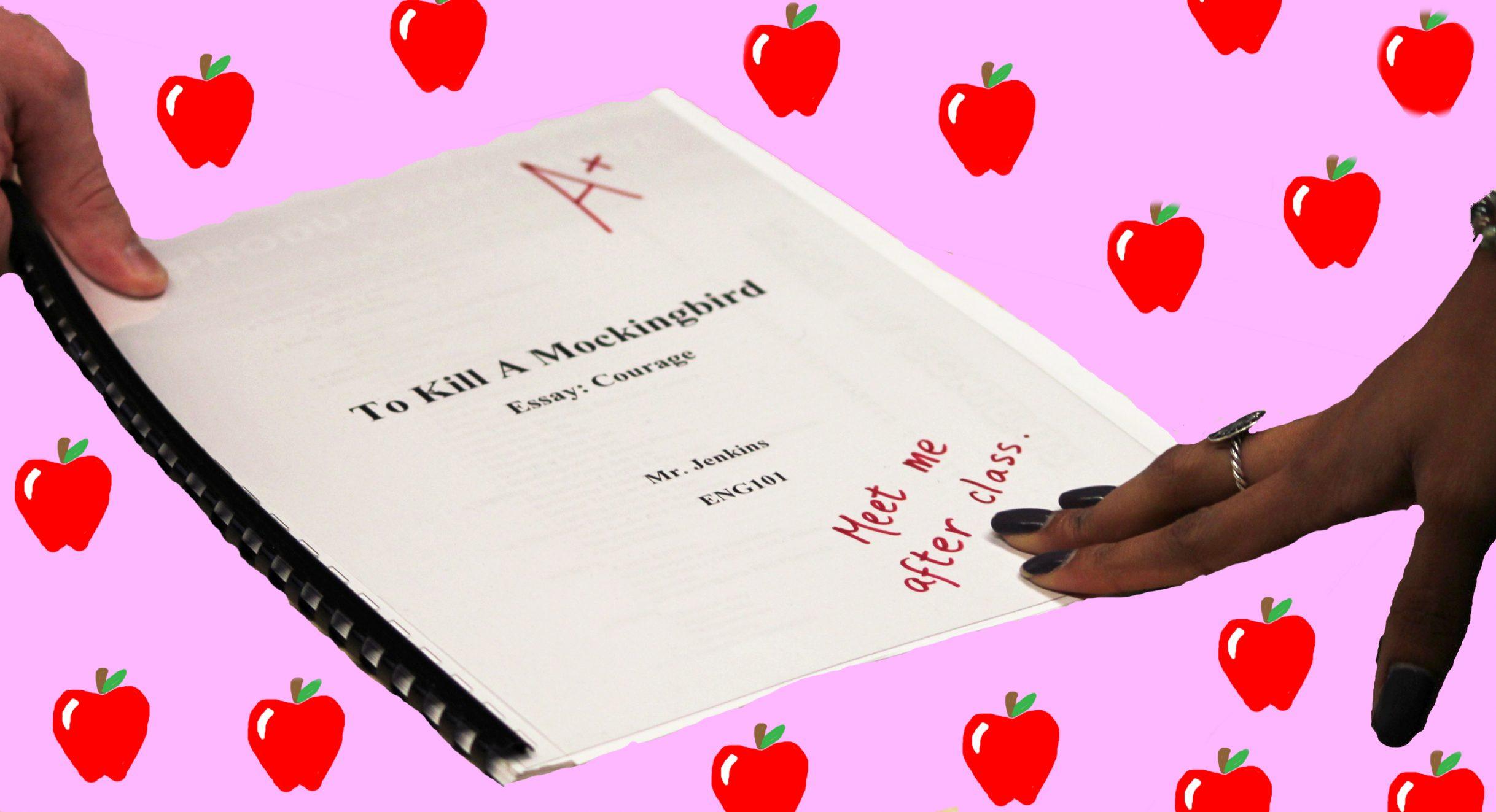By Swikar Oli
As universities deal with controversies surrounding student-teacher relationships, Ryerson doesn’t have specific guidelines in place—except when it involve conflicts of interest.
Ryerson’s rule on student-teacher relationships currently only requires both parties to disclose their affiliation, however there is no rule discouraging relationships, which according to Ryerson’s Office of Faculty Affairs, the school has no plans to change.
Their conflict of interest policy states staff “must declare a relationship with a student that creates a conflict of interest or the appearance of conflict of interest.” Faculty should drop or end a “supervisory or evaluative role,” or any role that includes the employee’s access to tests or exams, when it comes to the student in question, it adds.
After disclosing a relationship status, a chair or director will write “alternative accommodations,” the policy states. If a conflict of interest is determined, the student may be kept from enrolling in or continuing a course until a chair or director of the department accepts “alternative arrangements” of grading and evaluating.
Recent debate on intimate relationships between professor and students has centred on whether such relationships should be ignored, regulated or prohibited. The decades-old topic has cropped up after Queen’s University and the University of British Columbia (UBC) debated banning student-faculty relationships last year.
UBC’s then-interim President Martha Piper told The Ubyssey in 2016 she was “concerned about how ‘consent’ and ‘conflict’ are defined in an environment where there is a power imbalance.” UBC considered an outright ban following UBC professor Stephen Galloway’s firing after a student brought forward sexual assault allegations. Students and media criticized the school for secrecy and injustice over multiple claims of sexual harassment. UBC said it could not release details of the allegations without Galloway’s consent.
The policy does not address intimate faculty-student relationships directly but says consent cannot involve an “abuse of power”
In March last year, the Ontario government passed Bill 132, the Sexual Violence and Harassment Action Plan Act, which required campuses to have standalone sexual assault policies by Jan. 1, 2017. Ryerson’s sexual violence policy does not address intimate faculty-student relationships directly but says consent cannot involve an “abuse of power.”
Office of Sexual Violence Support and Education coordinator Farrah Khan said power inequality is “absolutely” inherent to faculty-student relationships.
Ryerson president Mohamed Lachemi agreed, adding that “it’s really contradictory” for there to be a relationship between a faculty member and a student.
Major U.S. universities including Yale University, Harvard University and Stanford University prohibit teacher-student relationships from ever taking place.
Second-year psychology student Laeeqa Mulla thinks trying to resolve the mismatch in authority between teacher and student is a “difficult one” but being intimate is “totally fine” if there are no academic entanglements.
“I feel like you have to be really open and upfront to be able to get into a relationship with a teacher,” she said. “I don’t think there’s a difference in the power situation.”
Lachemi added that it’s important for a conflict of interest or the appearance of one to be declared, and that there should never be a supervisor who has a personal relationship with a student evaluating the student in a course.













Leave a Reply